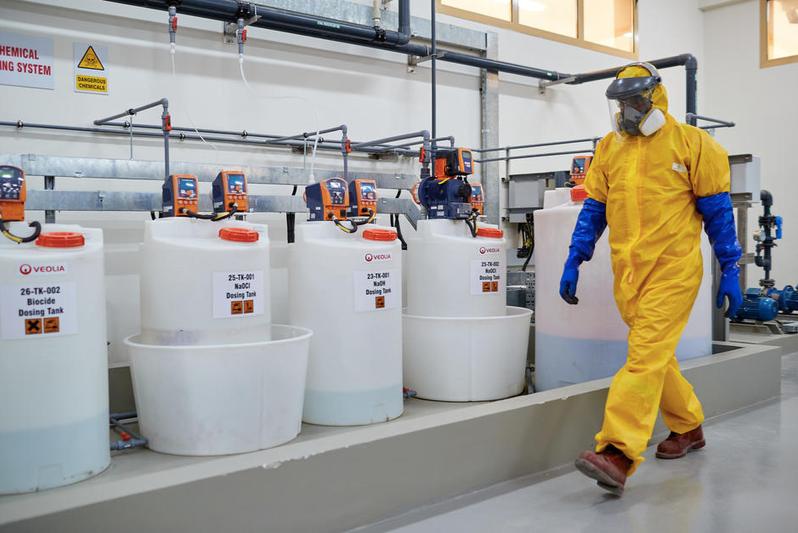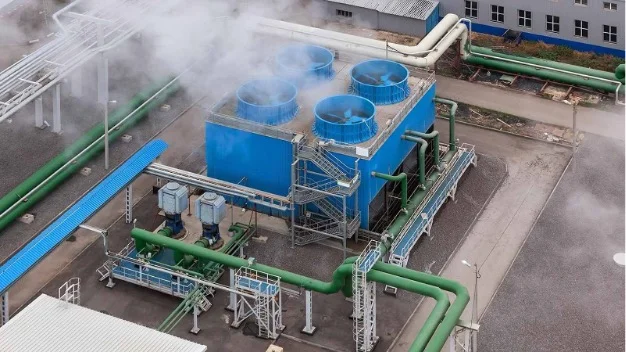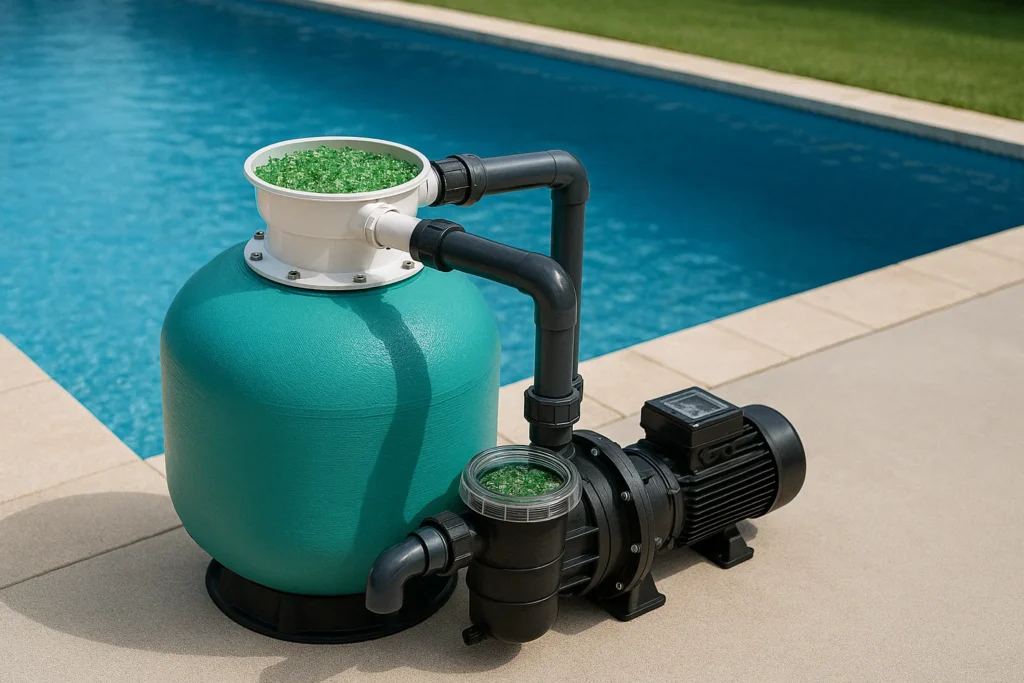
Water is a precious resource, and treating it to make it safe for consumption and industrial processes is of utmost importance. Reverse Osmosis (RO) technology plays a pivotal role in this endeavour by effectively removing impurities from water.
One crucial aspect of maintaining the efficiency and durability of RO membranes is the use of antiscalants. In this blog, we’ll explore what antiscalants are, why they are essential for RO membranes, the benefits of their usage, dosing methods, and the significance of choosing a high-quality antiscalant.
What are Antiscalants?
Antiscalants are specialty chemicals designed to prevent the formation of mineral scales on the surfaces of RO membranes. These scales, composed of minerals such as calcium, magnesium, and silica, can accumulate on the membrane surface over time, leading to reduced water flow, increased energy consumption, and compromised membrane life. Antiscalants work by disrupting the crystal growth of these minerals, preventing their precipitation and adhesion to the membrane.
Importance of Antiscalants for RO Membranes
RO membranes are at the heart of water treatment systems, responsible for separating impurities from water. Without proper care, mineral scaling can hinder the membrane’s performance, leading to decreased efficiency and increased operational costs. Antiscalants act as a proactive defence mechanism, safeguarding the integrity and functionality of RO membranes. By mitigating scale formation, antiscalants ensure consistent and optimal water flow rates, maintain energy efficiency, and prolong the lifespan of membranes.
Benefits of Using Antiscalants
- Enhanced Efficiency: Antiscalants maintain the RO membrane’s efficiency by preventing scale build-up, ensuring uninterrupted water treatment processes.
- Cost Savings: The use of antiscalants reduces downtime for maintenance, minimizes energy consumption, and extends the lifespan of membranes, leading to significant cost savings over time.
- Sustainable Operations: Antiscalants help maintain optimal system performance, aligning with sustainability goals by reducing water and energy wastage.
Dosing Method
Antiscalants are typically introduced into the water treatment system in small, controlled amounts. The dosing process involves determining the appropriate dosage based on factors such as feedwater composition, system design, and operating conditions. Precise dosing requires a thorough understanding of the water chemistry and the specific scaling potential of the feedwater. Automated dosing systems ensure accurate and consistent delivery of antiscalants, optimizing their effectiveness.
Importance of Using High-Quality Antiscalants
The choice of antiscalant is pivotal in ensuring the long-term success of an RO water treatment system. Opting for a high-quality antiscalant offers several advantages:
- Effective Scale Prevention: High-quality antiscalants are formulated with precision to target specific minerals and prevent scaling effectively.
- Compatibility: Premium antiscalants are engineered to be compatible with other water treatment chemicals, avoiding any undesirable interactions that could compromise system performance.
- Reliability: Reputable antiscalant products undergo rigorous testing and quality control, ensuring consistent performance and reliability.
- Expert Support: Manufacturers of high-quality antiscalants often provide technical support and guidance, helping water treatment professionals optimize dosing strategies for maximum efficiency.
- Specific Antiscalants – Specific antiscalants to tackle presence of Silica & high Sulfates are also available in the market.
Antiscalants play a pivotal role in maintaining the efficiency and longevity of RO membranes, ensuring consistent and reliable water treatment processes. By preventing mineral scale formation, antiscalants contribute to cost savings, improved water quality, and sustainable operations.
The dosing of antiscalants requires careful consideration and precision, and the selection of a high-quality antiscalant is crucial for optimal results. As the demand for clean and safe water continues to rise, investing in effective antiscalant solutions is an essential step toward ensuring the success of water treatment systems.





